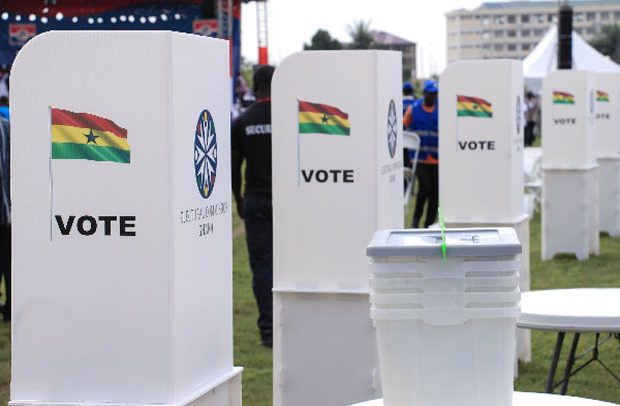
The Ghanaian Times finds it necessary to revisit the issue raised in its June 2, 2025 editorial titled: “The decongestion exercise to keep Accra clean, orderly must be sustained.”
This renewed attention stems not from redundancy, but from the urgency of addressing the persistent problem of street hawking and urban disorder in the capital.
The Accra Metropolitan Assembly (AMA) and the Korle Klottey Municipal Assembly are jointly undertaking a decongestion exercise targeting the Central Business District (CBD) and the Kwame Nkrumah Circle area, popularly known as Circle Dubai.
The aim is to clear streets, walkways and medians, of traders and hawkers to ease pedestrian and vehicular movement as well as reduce traffic congestion. While the presence of hawkers contributes directly to the problem, a deeper and often overlooked issue is the attitude of the public, particularly buyers who patronise these traders.
It is important to emphasise that based on the principle of demand and supply, street hawking thrives not merely because traders choose unauthorised spaces, but because there is a constant demand for their services.
The convenience of buying items on the move encourages this informal economy to flourish, even at the expense of public order. We must acknowledge an uncomfortable truth which is that, without demand, there would be no supply.
It is the honest belief of The Ghanaian Times that if citizens refrained from buying from street hawkers, the incentive to operate in unauthorised spaces would diminish significantly. Thus, any serious attempt to sanitise the city must begin with a shift in public attitudes and consumer behaviour.
Consumers often cite time constraints, traffic, and the disorganisation of designated markets as reasons for purchasing from street vendors. However, personal convenience cannot outweigh the collective good.
Unregulated street trading poses major challenges: traffic congestion, safety hazards for pedestrians, unsanitary conditions, and general lawlessness. These issues affect everyone, and their resolution requires collective responsibility.
We therefore strongly support the ongoing decongestion efforts by city authorities. However, we stress that enforcement alone will not achieve lasting results.
A parallel campaign focused on attitudinal change is crucial. Public education through posters, billboards, radio, television, community outreach, and school programmes must be prioritised as a key component in the fight against general indiscipline and especially indiscriminate selling at unauthorised places.
Behavioural change is not immediate, but it is possible with consistent education and political will. We firmly believe that previous efforts failed largely because they neglected the social and behavioural drivers behind street hawking.
This time, a more comprehensive approach is needed, especially one that combines enforcement with education, stakeholder engagement, and the creation of alternative, dignified trading spaces.
Ultimately, keeping Accra clean and orderly is a shared duty. Citizens must realise that their purchasing choices either support the law or undermine it.
By choosing not to buy from street hawkers, the public can significantly contribute to restoring sanity in the city.
Let us collectively commit to change—starting with ourselves. The transformation of Accra begins with a shift in mind-set. However, to ensure this mind-set change will also require the need to constantly raise awareness about the civic responsibilities of consumers.
Attitudinal change is not just a solution; it is the foundation for lasting urban order.
The post Attitudinal change: The key to a cleaner, orderly Accra appeared first on Ghanaian Times.
Read Full Story





















Facebook
Twitter
Pinterest
Instagram
Google+
YouTube
LinkedIn
RSS